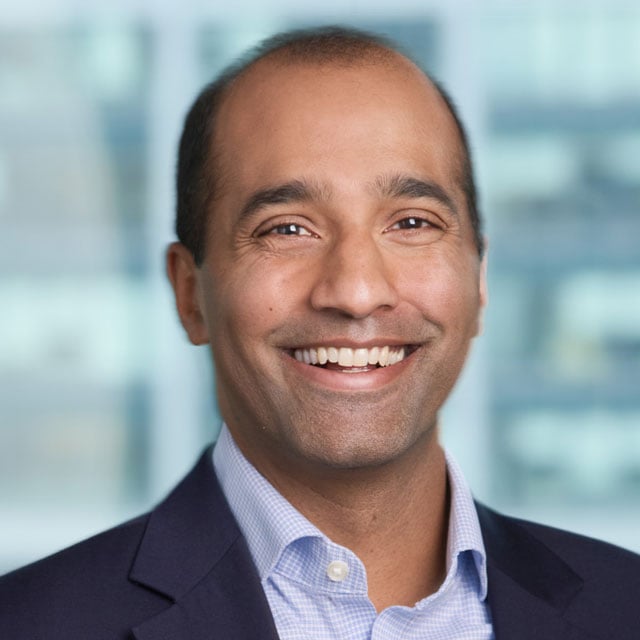Are You the First Person Your Clients Call?

Safe to say, as a financial advisor, you aren’t the center of your clients’ world. But it’s smart to establish yourself as the go-to professional in their universe, as Anand Sekhar, vice president and principal business consultant at Fidelity Institutional, tells ThinkAdvisor in an interview.
RIAs “should be viewed as the primary first contact for all issues in the client’s life, a term called primacy,” Sekhar says.
That calls for forging a strong relationship with clients and striving to know what makes them tick. It involves demonstrating expert communication skills, based on being empathic and vulnerable with them, according to Sekhar.
It’s important for advisors to help clients achieve peace of mind, he maintains, especially in areas on which they’re focusing more and more: health, legacy and values.
In the interview with Sekhar, whose team drives the work of Fidelity’s annual RIA Benchmarking Study set for release by September, he cites the top three practice management challenges that RIAs face and the job requirements for those who switch careers to financial advisory.
No need for a “financial pedigree,” he stresses.
Here are excerpts from our conversation:
THINKADVISOR: What are the top practice management challenges facing RIA firms now and going into 2025?
ANAND SEKHAR: There are three: The first is growth — organic and inorganic. The second is how to make sure firms are relevant.
More than ever, they’re being pressed by investors to offer more for the same fees.
The third is talent. We’re one of multiple industries struggling with how to attract, retain and develop a diverse workforce.
What’s a key change that advisors should make?
Advisors have to evolve to become more holistic. They should be viewed as the primary first contact for all issues in the client’s life, a term called primacy.
Please explain.
They need to become the center of the client’s life on things such as navigating health issues and life-stage issues that are now more relevant than ever.
Advisors need [to address] clients’ peace of mind, which increasingly is focused on things such as health, legacy and values.
What’s an example of demonstrating primacy?
If a client is going to sell their business, more often than not, I suspect they’re calling their accountant first, wanting to [minimize] taxes.
The risk is that the advisor is going to be on defense if the accountant introduces a different financial advisor who, say, focuses on entrepreneurs.
Another risk is that you, the advisor, may not be able to successfully plan for [the client’s] exit. So you can miss out on that too.
But if you’re at the center point, there are a host of planning assumptions that you can direct in working with the attorney, the accountant and other trusted third parties.
Being on offense starts 10 years before, with the advisor asking questions and onward throughout the relationship.
Primacy implies that the advisor builds rapport and a strong relationship with the client. Correct?
Absolutely right. Historically, the advisor may have been reactive and/or transactional versus proactive and driving intimacy with the client.
In the example of the client selling their business, it’s just transactional because money is coming in, and [consequently] asset allocation is needed.
But there’s also the relationship approach, where [years earlier] you began asking questions about the client’s succession planning.
What other information should the advisor obtain from the client years before?
Details around their legacy, about which many successful entrepreneurs can get very emotional.
Asking such questions takes a level of vulnerability on the part of the advisor and intimacy with the client.
I stress vulnerability because the advisor will be asking questions they don’t have the answer to.
Typically, when financial advisors ask a question of their clients, it’s a money-related question they likely have the answer to in their head.




